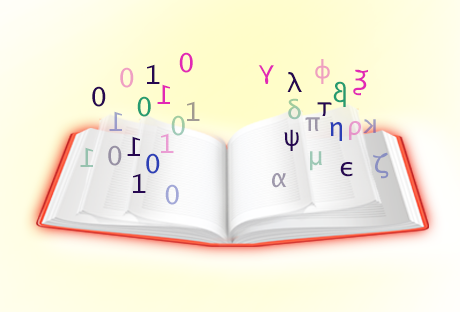Differential vulnerabilities to specific types of psychiatric disorders exist for males and females. On the one hand, men have been consistently found to display alcoholic, and antisocial behaviour more often than women. On the other hand, depression, anxiety and eating disorders are found to be more common in females (Robins et al., 1984). The aim of this presentation is to propose an explanatory mechanism of the increased female vulnerability to internalising disorders, based on sex-role stereotypes and cultural expectations from females. Socialisation practices foster greater concern and anxiety regarding social relational processes for females than males. Specifically, females are usually socialised in a way that forces them to suppress anger, control negative feelings toward others and over-consider the effect of their behaviour on others. In some cases, due to this socialisation pattern, females may shape their negative feelings into an internalised form by overstating their own and others' problems. Finally, it is argued that mild expressions of anxiety by females are likely to be accepted as normative and encouraged, especially over externalising forms of problem behaviour.








